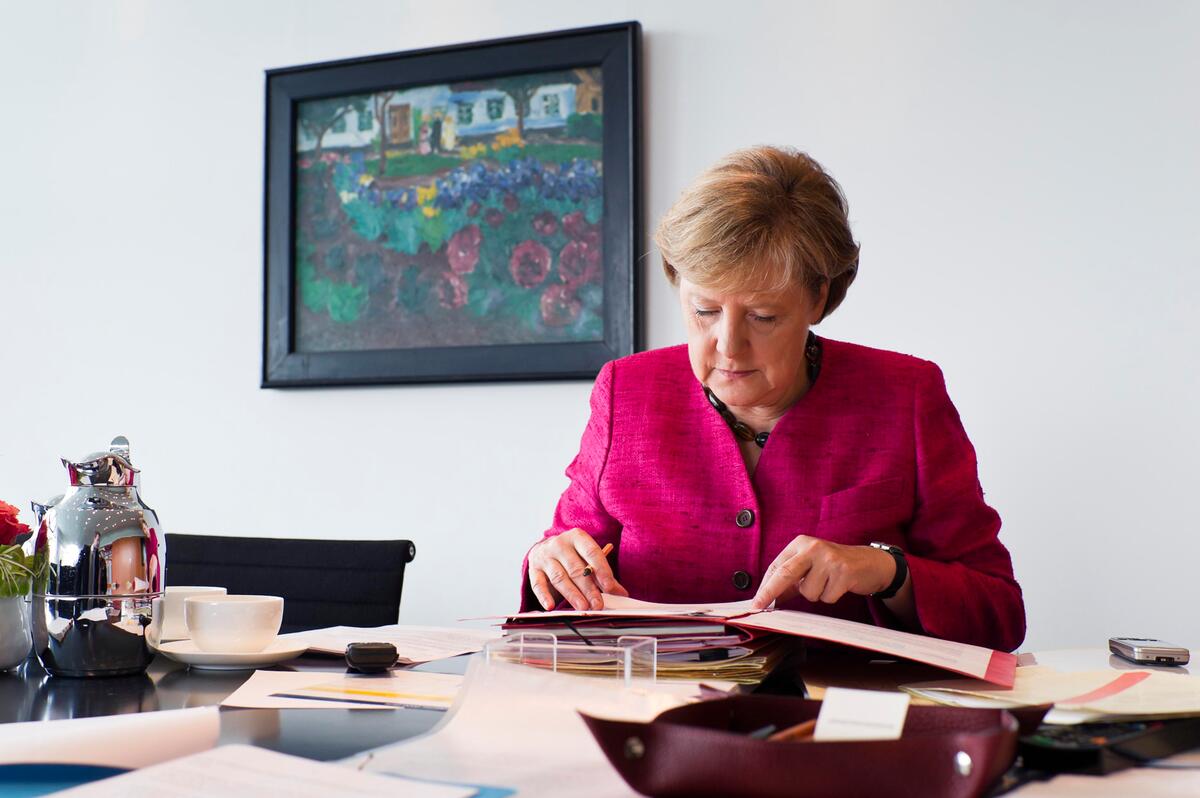Governments at Geneva meeting agree to take in 100,000 Syrian refugees
Governments at Geneva meeting agree to take in 100,000 Syrian refugees

GENEVA, December 9 (UNHCR) - Governments meeting in Geneva today pledged to increase the number of Syrian refugees they are accepting through resettlement and other humanitarian mechanisms.
After today's pledges and indications of future commitments, UNHCR expects the total number of places for Syrian refugees available in the coming months to reach 100,000. This includes 62,000 places already made available by governments.
"Syria has become the defining humanitarian challenge of our times, and it's important that the kind of offers of help that we've seen today keep coming in," said UN High Commissioner for Refugees António Guterres. "Providing refuge for vulnerable people fleeing war is of life-saving importance for the individuals affected, but it's also an important show of solidarity with countries of the region that are hosting millions of Syrians."
UNHCR estimates that more than 10 per cent of the 3.2 million refugees in countries neighbouring Syria are acutely vulnerable individuals and need resettlement elsewhere. This includes people who fall within globally agreed resettlement criteria, such as survivors of torture, refugees with serious medical conditions or women left alone with several children to care for and without family support.
The places pledged today involve resettlement and other humanitarian admission schemes, including humanitarian visas, private sponsorship, family reunification, scholarships, medical evacuation and labour mobility programmes. These mechanisms complement existing resettlement programmes and help to ensure that quotas are still available for refugees in need from elsewhere in the world.
"These newer creative arrangements also help our common effort to give more young Syrians the opportunity to access education and training, so as to help prevent a lost generation, and a lost future for Syria," Guterres said.
Last February, the High Commissioner called for 130,000 places to be made available for Syrian refugees until the end of 2016, due to a worsening of Syria's refugee crisis and after an earlier target of 30,000 places for 2014 had been met. UNHCR expects further calls for places for Syrian refugees will be made in the coming years.
"This is a step in the direction of our overall objective to provide resettlement or other humanitarian places for about 10 per cent of the Syrian refugee population which we believe is particularly vulnerable," Guterres said.
Together, Lebanon, Turkey, Jordan, Iraq and Egypt host more than 3.2 Syrian million refugees.












